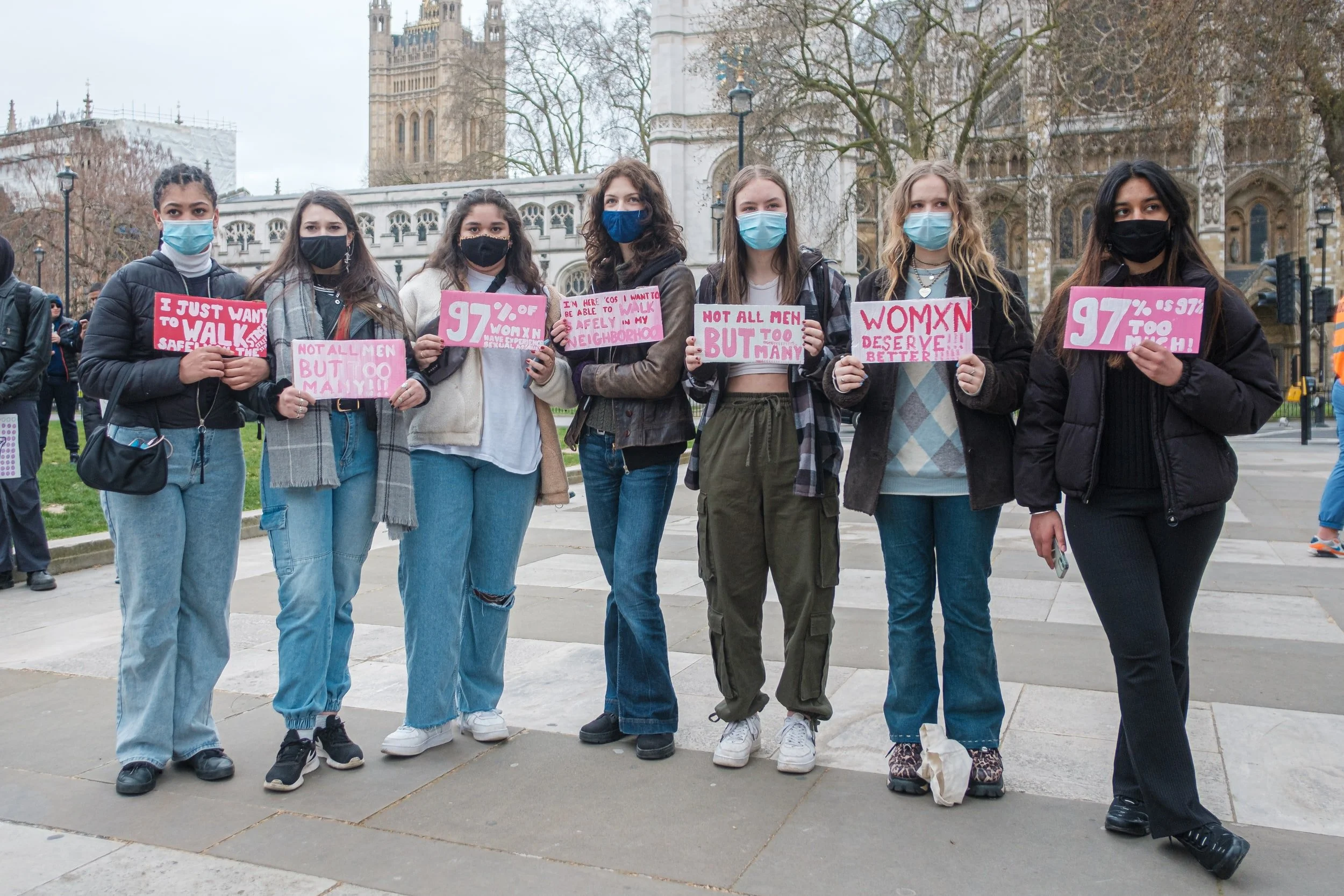Millennial Caregivers: The Younger Generation of Caregivers
“There are four kinds of people in the world:
Those who have been caregivers;
Those who are currently caregivers;
Those who will be caregivers;
And those who will need caregivers.”
- Rosalyn Carter, Former First Lady of the United States
Do you know that each year in the U.S., about 40 million adults provide caregiving for parents and loved ones? Of these 40 million caregivers, about 10 million are a part of the millennial generation — that is 1 in every 4 caregivers, AARP reported.
Tom Laborde of Áegis Living says the average age of a millennial caregiver is 27, and around 15% of millennial caregivers provide care for someone who has either dementia or Alzheimer’s.
Millennial Caregivers by Numbers
Caregivers are getting younger. A survey in 2010 showed that the average age of caregivers was 53 years old, but in 2018, the number dropped to 47 years old.
Not only are caregivers getting younger, but the care recipients are too. For instance, in 2010, more than half were above the age of 75; eight years later, in 2018, the average recipient's age is 66 years old.
Although there are many reasons why caregivers and recipients are younger than in previous generations, the main reason is because of the rise of chronic disease. Better and earlier detection of diseases — such as Alzheimer’s — can contribute to the earlier need for caregiving.
Millennial caregivers’ gender ratio has also shifted. This generation of caregivers shows that men are almost as equal to women in providing care. Based on a survey mentioned by Áegis Living, 53% are women and 47% are male.
In addition, millennial caregivers tend to be more racially diverse than older generations (Benjamin Barrett, Memory Well). This is mainly because caregivers of color are younger than white caregivers. 38% of Hispanic caregivers are millennials, and 34% are African Americans.
Employment and Income of Millennial Caregivers
Millennial caregivers tend to struggle financially; according to AARP, one in three millennial caregivers earn less than $30,000 per year.
Of the more than 1,200 millennial caregivers surveyed, the average respondent reported spending $6,800 (per year) of their own income on caregiving expenses, such as food and home modification. This is one indicator of how much financial pressure millennial caregivers face.
millennial caregivers spend an average of 21 hours a week on caregiving duties, and nearly three-quarters of them do it while also having another job.
Millennial caregivers also tend to keep their caregiving jobs to themselves from employers and colleagues. This is because 54% of millennial caregivers say their work or career prospects have been negatively affected by their caregiving commitments.
Mental Health of Millennial Caregivers
Because the work of caregiving is already overwhelming and requires commitment in the first place, Bethany Ao of The Philadelphia Inquirer reports that caregivers are often more likely to suffer from mental health issues compared to their non-caregiving peers.
It is estimated that between 40%-70% of caregivers have shown symptoms of clinical depression, and they tend to deal with a higher level of stress.
As caregiving requires constant availability to loved ones who need caring, caregiving can become an isolating experience. Regardless of age, Advisory Boards described that younger caregivers tend to report a higher level of loneliness than those older.
At the end of the day, millennial caregivers are as important as the previous generation of caregivers. The kindness in their hearts will be the living hope and affection for those they have cared for.
Information mentioned in the blog is owned by its respective owners. TITIPOZA does not claim any information from these sources.
Sources:
https://www.aarp.org/ppi/info-2018/millennial-family-caregiving.html
https://www.aegisliving.com/resource-center/rise-of-the-millennial-caregiver/
https://www.pbs.org/newshour/health/why-more-millennials-are-becoming-caregivers
https://news.memorywell.com/2019/03/18/millennial-caregivers-by-the-numbers/
https://www.aarp.org/ppi/info-2018/millennial-family-caregiving.html
https://www.aarp.org/caregiving/home-care/info-2018/millennial-caregivers-work-life.html
https://www.inquirer.com/health/millennial-caregivers-mental-health-philadelphia-20191203.html
https://www.advisory.com/daily-briefing/2019/12/04/millennial-caregivers
https://mehi.masstech.org/programs/aging-and-caregiving-initiative/supporting-family-caregivers

